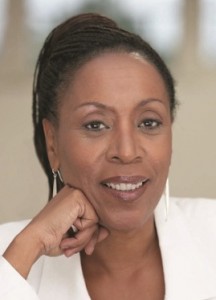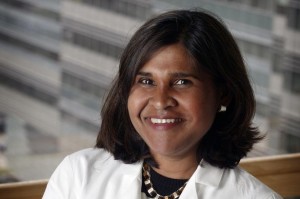A CBE-awarded business leader, and an American scientist who led the investigation that determined a baby born with HIV had been cured, are two Guyanese-born women acknowledged in their respective careers
Dr Yvonne Thompson and Dr Deborah Persaud are two Guyanese women who have recently been acknowledged internationally for their notable contributions to their careers. They continue to excel in their respective fields of work and display their Guyanese heritage.

Yvonne Thompson, the business leader
Yvonne Thompson is a dynamic, entrepreneurial business leader with a proven record for building high performing teams. Since starting her own PR company 27 years ago, Thompson has acquired and exceptional range of transferable skills that can compliment high performing companies and organisations.
She has always shown an entrepreneurial flair. Not taking the usual channel to the small business arena, she evolved from freelance writing for many music industry papers. She has also been involved in many successful firsts in the UK, including being music editor for the UK’s first black monthly glossy magazine, Root, and also being a founder and director of the UK’s first black music radio station, Choice FM. Other firsts include starting the first “black owned” PR company, running the first in depth research of the lifestyle of the black community across the UK – ‘The Black Consumer Survey’, and starting the UK’s first black women business network, the European Federation of Black Women Business Owners.
Often called upon for media interviews on issues concerning small business, women and minorities, Thompson is no stranger to engaging with prime ministers and high profile personalities in the business arena. Having made her mark in the UK, she was awarded a CBE (Commander of the British Empire) on the Queen’s Birthday Honour List in 2003, for her services to women, small business and minorities.
In 2005, she was awarded an honorary doctorate in philosophy by London Metropolitan University for services to small business, and mass communications.
Thompson has been hailed as a role model in the black community and for women in general wanting to start their own businesses.
Dr. Deborah Persaud, the virologist
Guyanese born virologist, Dr Deborah Persaud, who migrated to the US when she was just 16 years old, is leading the way with a breakthrough in HIV treatment.
Dr Persaud, who is attached to the John Hopkins Children Centre in the US, led the investigation that determined that a baby born with HIV had been cured.




